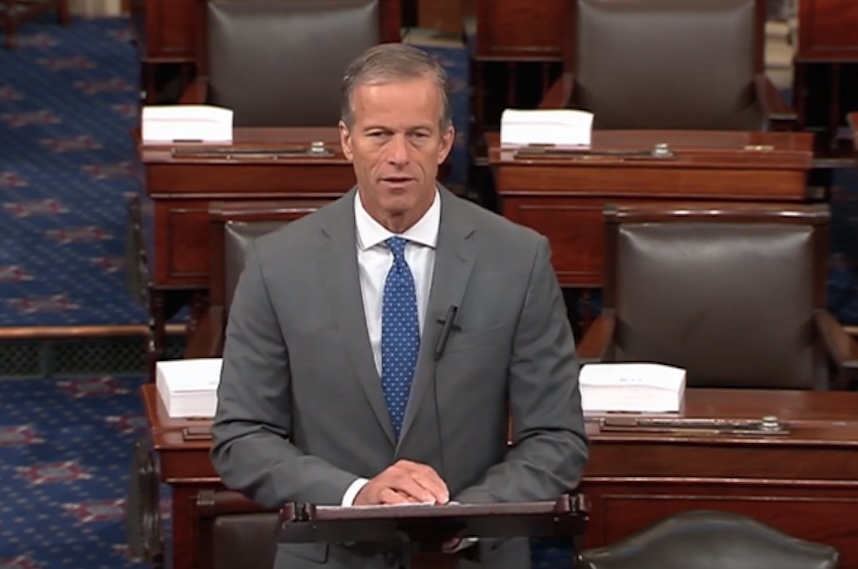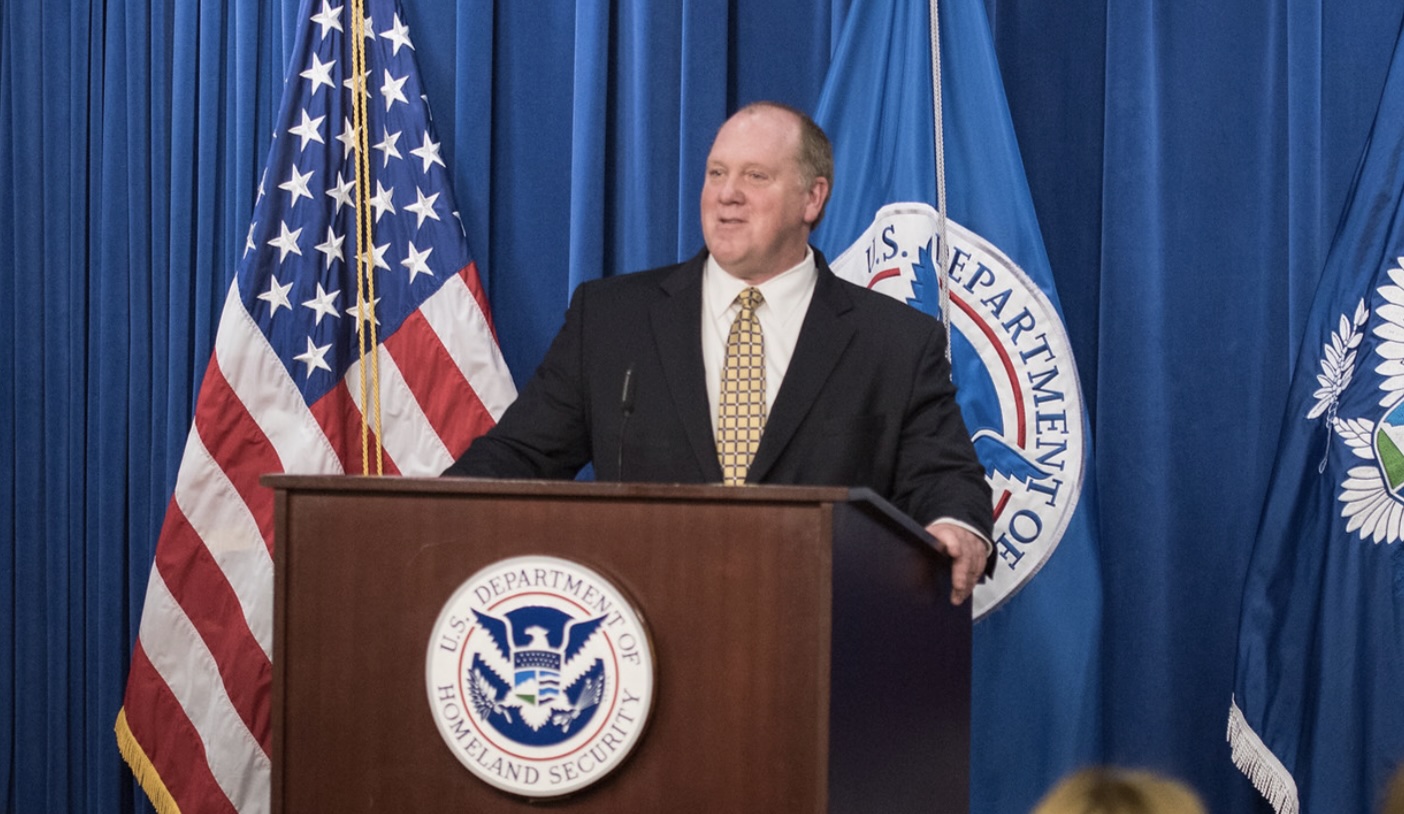The ruling overturns a circuit court opinion, saying that “substantial deference” should be made to the federal agency in a Utah railroad project case.
The Supreme Court allowed the federal government to determine how many environmental reviews they conduct for large-scale projects, reversing a lower court ruling.
The D.C. District U.S. Court of Appeals previously ruled that the U.S. Surface Transportation Board ought to have conducted environmental reviews for the impact a potential Utah railroad project would have on the nearby Colorado River. The Supreme Court ruled that this decision incorrectly interpreted the National Environmental Policy Act by extending the application of the law beyond court interpretation.
The majority opinion, written by Justice Brett Kavanaugh, said courts should strive for “clarity and predictability” where possible in deciding cases that involve the nation’s economy, but “the central principle of judicial review in NEPA cases is deference.”
Justice Kavanaugh wrote, “Courts should review an agency’s [environmental impact statement] to check that it addresses the environmental effects of the project at hand,” the opinion states. “The [statement] need not address the effects of separate projects. In conducting that review, courts should afford substantial deference to the agency as to the scope and contents of the [statement].”
As the Lord Leads, Pray with Us…
- For the justices of the Supreme Court as they deliberate and author opinions in the final month of the current term.
- For wisdom for the justices as they determine which cases to accept for the fall term.
Sources: Roll Call, SCOTUSBlog









